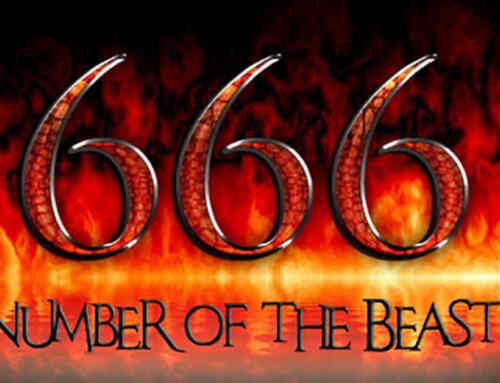Let’s look at the Scripture in context:
"The Jews answered him, ‘It is not for a good work that we are going to stone you but for blasphemy, because you, being a man, make yourself God.’ Jesus answered them, ‘Is it not written in your Law, ‘I said, you are gods’? If he called them gods to whom the word of God came – and Scripture cannot be broken – do you say of him whom the Father consecrated and sent into the world, ‘You are blaspheming,’ because I said, ‘I am the Son of God’?” John 10:33-36
One great obstacle in considering this subject is the generally misunderstood meaning of the word “god”. The Greek word “theos” (god) does not always refer to Jehovah. It signifies a mighty one, a ruler, and especially a religious or sacerdotal ruler. In the following texts the word “god” (theos) is used to refer to others than the one supreme being, Jehovah—John 10:34, 35; Acts 7:40, 43; 17:23; 1 Corinthians 8:5. It is the translation of each of these four Hebrew words—“el, elah, elohim, adonai”, all signifying the mighty, or great. It is a general name often and properly applied to our Heavenly Father, as well as to Jesus, angels and men—Deuteronomy 10:17; Genesis 32:24, 30; Judges 13:21, 22; Jeremiah 16:13, 10:11; Exodus 7:1.
In Psalm 82:1, the distinction of beings translated by the word “god” is very marked: “God (elohim) standeth in the congregation of the mighty (el); he judgeth among the gods (elohim).” Here the first word “God” refers to Jehovah, the All-mighty one. The following translated words refer to other mighty ones. Also notice verses 6 & 7, "I have said ye are gods (elohim); and all of you are children of the Most High (el yon, the highest God), yet ye shall all die like men…" Although we are sons of the Most High, we die and appear as nothing more than mere men. In us, as in our forerunner and head Jesus (Hebrews 6:20; Colossians 1:18), God is manifest in our mortal flesh, although Jesus was perfect and we are not (John 10:35, 36; 2 Corinthians 4:9-11). We have the privilege of addressing God as our Father because we have faith in Him and are seeking to do His will. We share the same relationship with the Father as Jesus did, therefore we are called His children, His sons (John 1:12, 13; Romans 8:14, 15; Philipians 2:15; 1 John 3:1, 2).
The majority of the Jews did not have this faith. When Jesus said that he was the Son of God, they wanted to stone him for blasphemy. Jesus replied that not only was he the Son of God, but that he would bring many sons to God and quoted from the above texts in support of this assertion (John 10:31-40; Psalm 82:1, 6, 7).








